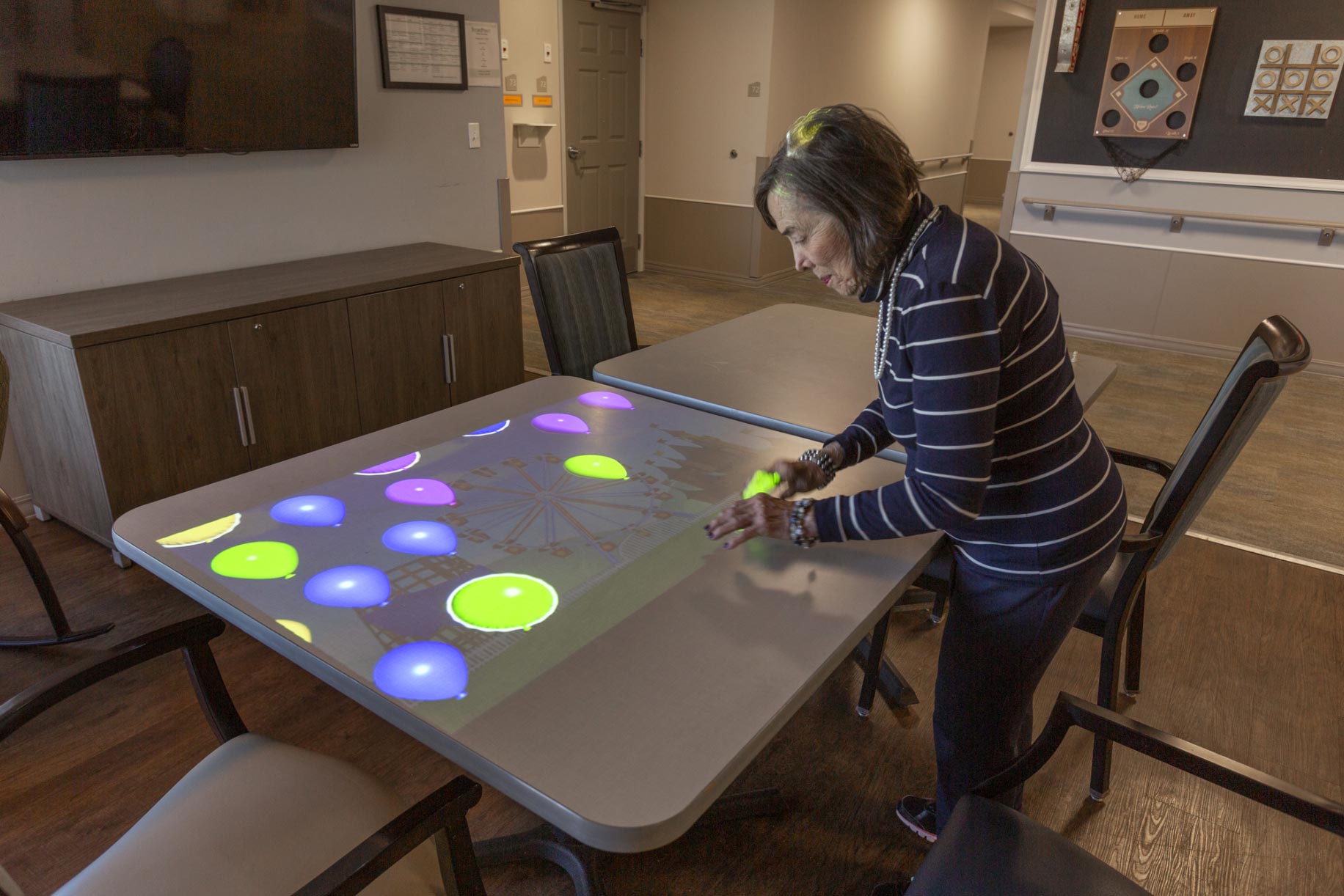Caring Alzheimer's Look after Your Loved Ones
Acknowledging the emotional and mental needs of individuals influenced by this condition is vital in enhancing their high quality of life. As we explore the different methods and methods that can transform caregiving right into a more compassionate experience, it ends up being clear that the journey is as much about the caretaker as it is about the individual with Alzheimer's.
Comprehending Alzheimer's Illness
Alzheimer's condition is a progressive neurodegenerative disorder that largely affects cognitive feature, leading to memory loss, impaired reasoning, and modifications in actions. It is the most common kind of mental deterioration, representing 60-80% of all instances. The condition generally materializes in people aged 65 and older, although early-onset Alzheimer's can happen in more youthful individuals.
The pathophysiology of Alzheimer's involves the buildup of amyloid plaques and neurofibrillary tangles in the mind, resulting in neuronal deterioration and synaptic loss. These modifications disrupt communication in between brain cells, progressively impairing cognitive abilities and everyday functioning. Early signs may consist of difficulty remembering recent events and challenges in analytic, which can intensify to disorientation and difficulty with language.
As the condition advancements, individuals might show profound memory deficits, complication concerning time and place, and problem recognizing liked ones. Behavior modifications, consisting of stress and anxiety, withdrawal, and agitation, might also occur. Understanding the professional progression of Alzheimer's is important for caretakers and healthcare providers, as it educates effective management approaches and treatments customized to the needs of people influenced by this devastating problem.
The Relevance of Compassionate Care
Compassionate care is important in sustaining people with Alzheimer's disease, as it substantially boosts their high quality of life. This technique focuses on the mental and emotional wellness of individuals, promoting a setting that advertises regard, understanding, and dignity. People with Alzheimer's frequently experience complication, disappointment, and anxiety, which can be relieved through thoughtful interactions.
Empathy in caregiving not only helps in acknowledging the special needs of each individual yet additionally strengthens the caregiver-patient partnership. When caretakers approach their roles with compassion, they produce a safe area where individuals really feel valued and understood, which can decrease behavior challenges related to the condition. This encouraging environment encourages much better communication and engagement, promoting a more efficient response to the care provided.
Moreover, caring treatment extends beyond the patient; it likewise incorporates support for households. Caretakers who practice compassion are a lot more outfitted to resolve the psychological problem encountered by loved ones, supplying confidence and support via a tough journey. Ultimately, the importance of compassionate care depends on its capacity to change the caregiving experience, causing enhanced results for both individuals with Alzheimer's and their families.
Practical Caregiving Techniques
Effective caregiving for people with Alzheimer's illness needs functional strategies that deal with the one-of-a-kind challenges postured by the condition. One of the foremost methods is developing a consistent day-to-day regimen, which can give structure and experience, decreasing stress and anxiety for both the person and the caretaker. Caretakers need to likewise simplify tasks by breaking them down into smaller sized, manageable actions, consequently boosting the individual's sense of success and reducing irritation.
Interaction is another vital element; caregivers ought to utilize clear, basic language and keep eye get in touch with to promote understanding. Making use of aesthetic signs, such as photos or labels, can better assist comprehension and navigation in the setting.
Security is vital. Adapting the space to remove threats-- such as safeguarding rugs or installing grab bars-- can help stop mishaps. Furthermore, caregivers need to urge self-reliance by allowing individuals to participate in acquainted tasks, which can bolster self-confidence and advertise wellness.
Emotional Support Methods
Psychological health is a crucial part of take care of individuals with Alzheimer's illness, as it straight influences their lifestyle. Visit This Link Alzheimers Care Charlotte. Supplying psychological assistance techniques can considerably boost their everyday experiences and cultivate a feeling of protection and belonging
One efficient technique is energetic listening, which involves providing full focus to the person, acknowledging their feelings, and reacting with empathy. This technique helps the individual feel valued and comprehended, decreasing feelings of isolation or aggravation. In addition, using validation treatment can be beneficial; rather than fixing misconceptions, caretakers can affirm the person's experiences and feelings, promoting a soothing setting.
Involving in reminiscence treatment is an additional effective technique, enabling individuals to share feelings, memories, and tales related to their past. This not just boosts cognitive function but likewise reinforces psychological connections. Incorporating familiar songs or art can likewise evoke positive feelings and stimulate happy communications.
In addition, ensuring routine physical touch, such as holding hands or gentle hugs, can give comfort and peace of mind, strengthening emotional bonds. These techniques, when continually applied, can create a nurturing environment that supports the emotional wellness of individuals with Alzheimer's, boosting their total health.
Creating an Encouraging Environment

To start with, think about the physical layout of the space. Clutter-free areas, familiar furnishings plans, and distinct paths can reduce complication and advertise flexibility. Making use of relaxing colors and ample lighting can further enhance the environment, making it more inviting and less daunting.
Second of all, uniformity is essential. Keeping a foreseeable everyday regimen helps people with Alzheimer's feeling a lot more safe. Familiar tasks, routine meal click this site times, and set up social interactions can substantially reduce anxiousness and disorientation.
In addition, sensory aspects play an important function. Incorporating familiar fragrances, songs, and responsive things can stimulate positive memories and promote interaction. Personalizing the room with treasured photographs and purposeful objects can likewise promote a sense of identification.
Conclusion
Caring Alzheimer's care dramatically improves the top quality of life go to this site for individuals affected by this progressive illness. By focusing on emotional wellness and executing efficient caregiving techniques, caretakers can foster an environment that advertises dignity and belonging. Strategies such as active listening and establishing consistent routines serve to alleviate anxiousness while enhancing the caregiver-patient connection. Inevitably, this strategy not just offers necessary comfort and support but likewise empowers individuals to browse the complexities of Alzheimer's with dignity and grace.
As we check out the numerous techniques and methods that can change caregiving right into a more thoughtful experience, it ends up being clear that the trip is as much regarding the caretaker as it is about the individual with Alzheimer's.

Caring treatment is crucial in supporting people with Alzheimer's condition, as it dramatically improves their high quality of life - Alzheimers Care Charlotte. Inevitably, the relevance of compassionate care lies in its ability to change the caregiving experience, leading to improved end results for both individuals with Alzheimer's and their households
Thoughtful Alzheimer's treatment significantly enhances the top quality of life for people impacted by this progressive disease.